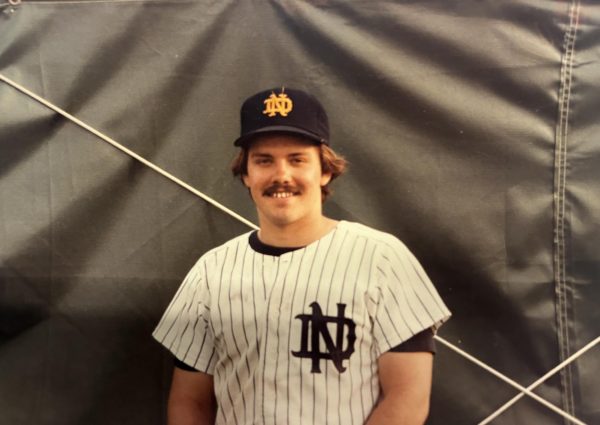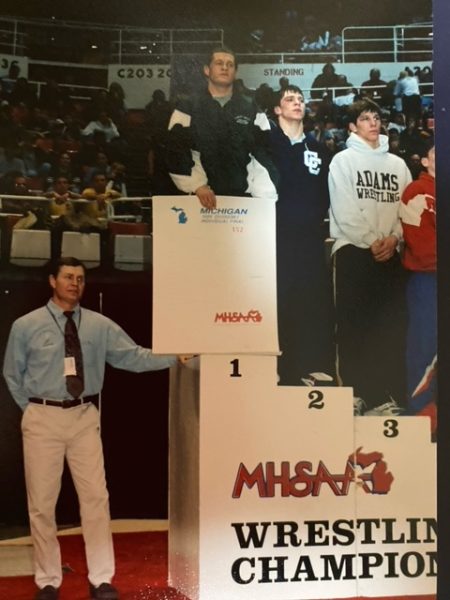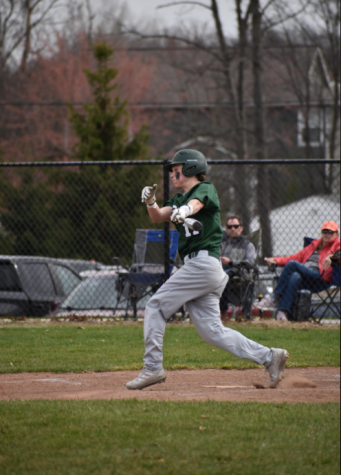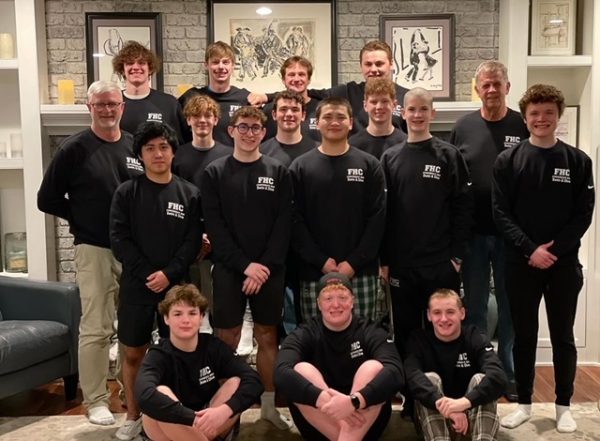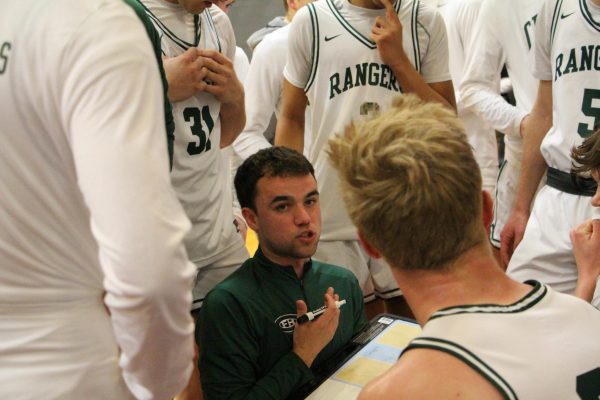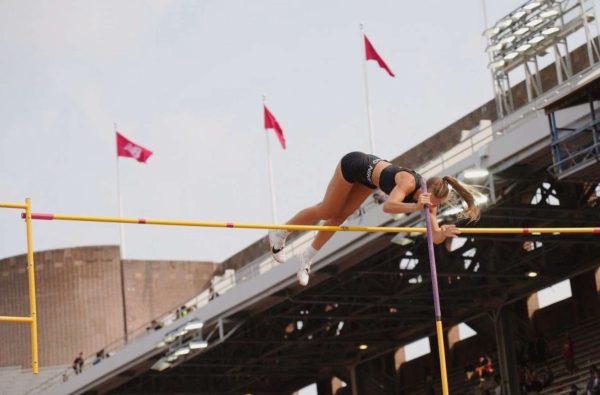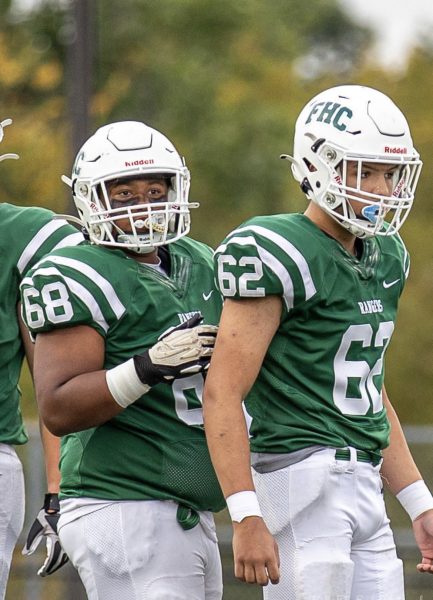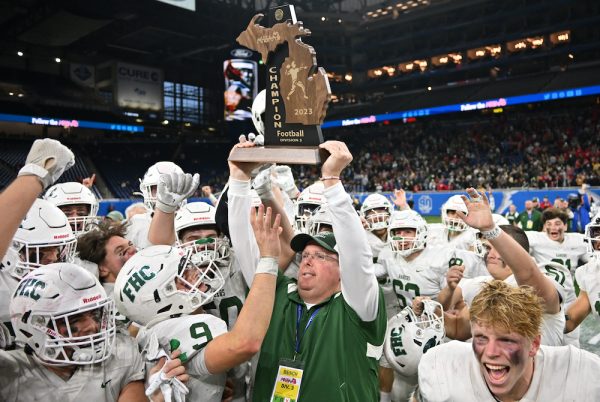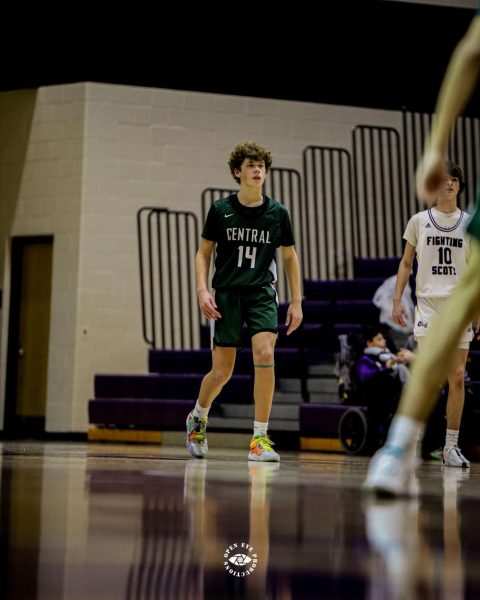The importance of the athletic code of conduct at FHC
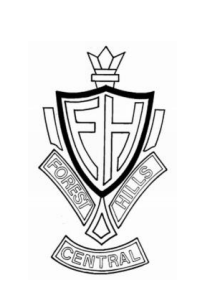
The term “student-athlete” refers to studies first and athletics second. However, this title also refers to something hidden in the term: students’ behavior and how they represent their schools through sports. As an athlete, you are held to a higher standard than many others. You are essentially a walking representation of the school.
Student-athletes are held responsible through the punishments provided by the code of conduct. The code of conduct explains FHC’s expectations of how student-athletes and coaches are expected to act in and out of school. The main enforcer of the code of conduct is FHC’s athletic director, Jonathan Goei, who believes that the code of conduct can teach quality lessons.
“Accountability is an important piece for anything that you do,” Goei explained. “Regardless of what you do in life, you need to make sure you are holding yourself accountable.”
Goei is not the only one who plays a role within this code of conduct. The administrative team of FHC focuses on the school code of conduct, but the athletic code of conduct often overlaps with the code of conduct for non-athletes when it comes to certain issues.
Principal Steve Passinault and his assistant principals sit down with the athletic office to discuss any sort of changes that are proposed. Once it is cleared with the admin team, it is added to the code. Passinault holds FHC athletes to a high standard because he knows that Rangers can achieve excellence.
“We have high expectations for our athletes,” Passinault discussed. “We believe if you participate in athletics, you are held to a higher standard. Athletics also provide advantages. Teams gain recognition for their hard work, but also they are a representation of our school and community as a whole.”
FHC is built on tradition and excellence, so it is no surprise that the administrative team works so heavily to uphold this code. While the consequences can hurt athletes in substantial ways, they can also hurt the team and coach. Absence on the field or court puts strain on the performance of a team.
Head JV and freshman football coach, Anthony Sultini, finds the integrity and character of an athlete more important than pure athletic ability. Especially at the lower levels, these athletes should be learning character and sportsmanship at these levels.
“My job as a coach is not only to uphold [the code of conduct] but to also walk the walk when I talk the talk,” Sultini stated. “I make every attempt that I can to set good examples and show that I am demonstrating the same standards as my athletes as far as expectations that are set for us. Winning is the objective, but it doesn’t always pertain to the final score. I want my athletes to win in life by learning how to become good, trustworthy, responsible, and loyal citizens of society.”
Unlike professional athletes, high school athletes are not paid to play. It is not a full-time job, but instead, it is about the people and the game being played. After all, sports are meant to be fun and in the end, it is just a game.
“I like to think of high school athletes as being an experience,” Goei stated. “High school is really about the experience and the chance to build relationships and friendships that can last 20 years down the road. It also teaches time management which can also help you down the line.”
The code of conduct is a powerful tool. It keeps selfish athletes in check and lets all athletes know that playing sports is a privilege and an honor. A code of conduct is a necessity for everything in and out of sports. After all, the beauty of high school sports comes from the experience.

Lucas Thompson is going into his senior year and is beginning his second and final year with FHC Sports Report. After finding a love for writing within The...



